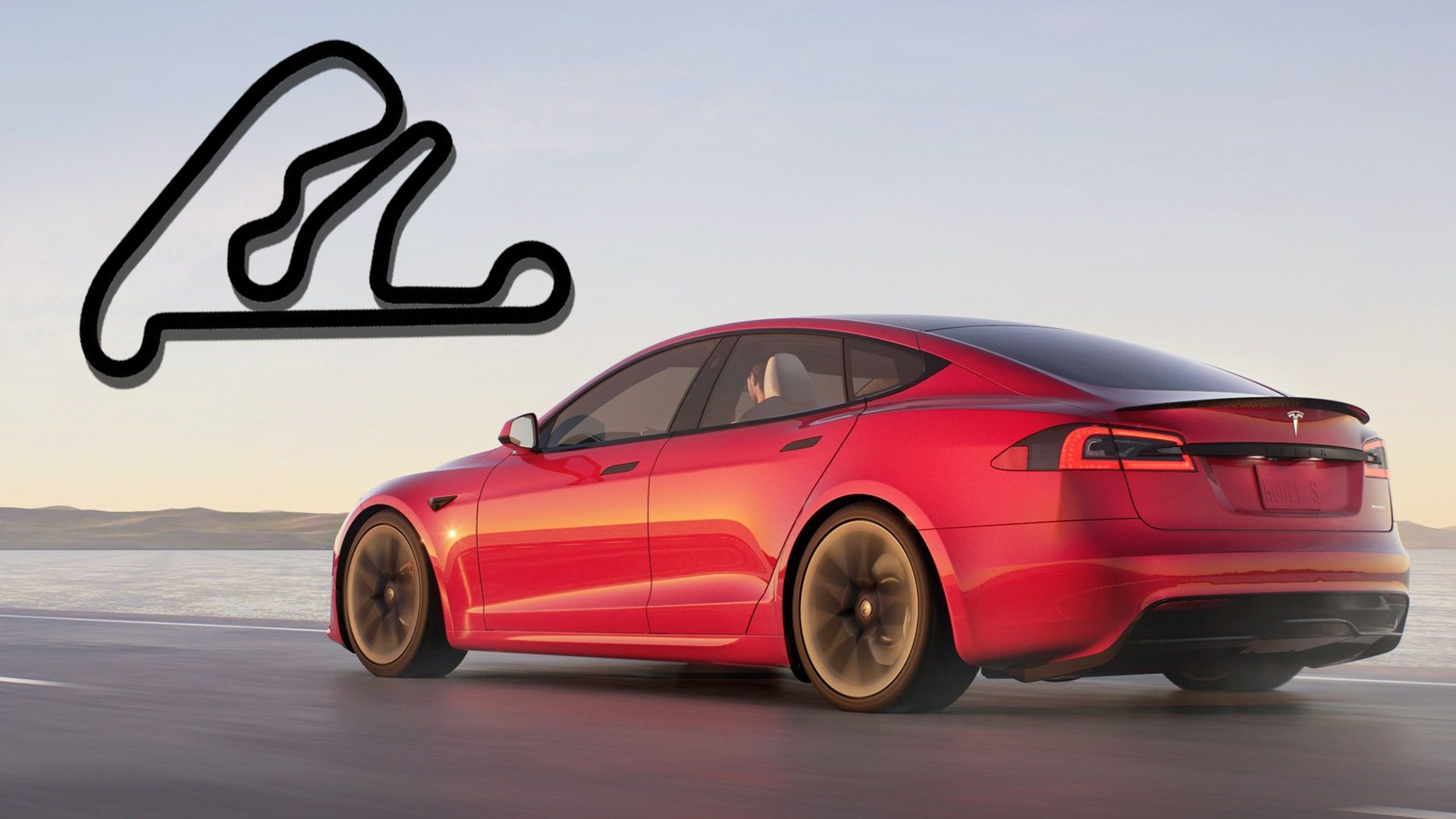Judge Compels Tesla to Repurchase Model S Plaid Due to Braking Issues

A Significant Legal Victory for Tesla Model S Plaid Owner
A Tesla Model S Plaid owner has successfully taken the electric vehicle manufacturer to court and won after experiencing a critical failure with his car’s braking system during a track day. The incident led to a legal battle that ultimately resulted in a ruling against Tesla, highlighting concerns over the company's marketing practices and product performance.
The case was heard in Oslo District Court, which determined that Tesla violated Norway’s Consumer Protection Act. The court found that the automaker had marketed the Model S Plaid as being suitable for track use, despite the owner’s negative experience. According to the court’s decision, Tesla must now buy back the 1,020-horsepower sedan.
Vilhelm Dybwad, the owner who initiated the lawsuit, shared his concerns about the car’s braking system. In an email, he described the stock brakes as “horrible, inadequate, and downright dangerous” for track driving. During a track day at Rudskogen Motorcenter, Dybwad received an error message indicating that the brakes were too hot while braking for the first corner after a warm-up lap. This issue occurred on a challenging circuit designed by F1 track specialist Hermann Tilke.
Rudskogen Motorcenter is known for its demanding layout, featuring 14 turns, long high-speed straights, and a significant elevation change of roughly 140 feet. The first turn, where Dybwad experienced brake overheating, is an uphill left-hand corner requiring heavy braking before entering Turn Two. Following this, drivers encounter a half-circle leading into another straight where high-powered cars can reach triple-digit speeds. Even if the brakes managed to handle the first turn, they would have little time to cool down before facing another high-intensity challenge.
Dybwad is part of Amcar, a car enthusiast organization in Norway. The club’s technical committee provided a statement regarding the Model S Plaid’s failure, including witness accounts and independent testing. They also had an experienced track driver test a similar but different Model S Plaid at Rudskogen, which also malfunctioned after making the first turn. This evidence supported Dybwad’s claims and led to the court reviewing Tesla’s marketing materials.
Tesla reportedly argued that Dybwad could have opted for carbon ceramic brakes, which perform better under high-heat conditions. However, these brakes were not available until 10 months after Dybwad purchased his car. Normally, this would be the point where a journalist might reach out to the automaker for a comment, but Tesla does not have a public relations department.
The district court ruled that the issue was significant enough to fall under the Consumer Protection Act. As a result, the court ordered Tesla to pay Dybwad the equivalent of $122,972 USD plus interest, along with his legal costs totaling $26,869 USD. This effectively canceled his purchase of the car. While Tesla has the option to appeal the decision, Dybwad’s legal team has expressed confidence in the outcome.
This case highlights the importance of accurate marketing and the potential consequences when products fail to meet advertised standards. It also underscores the need for manufacturers to ensure their vehicles are capable of handling the conditions they are marketed for, especially in high-performance environments like track days.